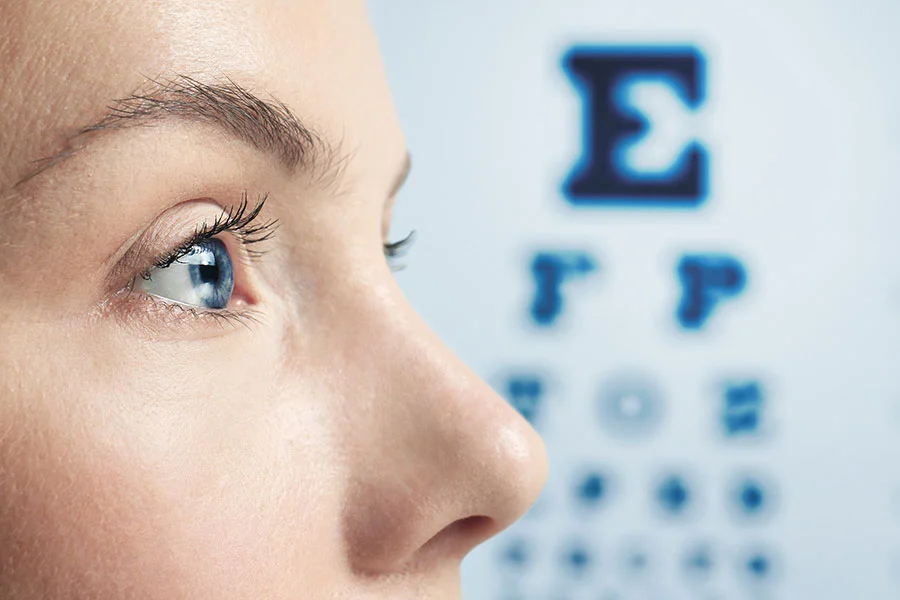
Hyperopia is an eye condition that affects a person’s ability to clearly view objects up close. It occurs when the eyeball is too short or the cornea is too flat, causing light rays to focus behind the retina instead of directly on it.
Hyperopia affects thousands of people across New Zealand, but it shouldn’t hold you back.
Causes - Hyperopia is caused by an undersized eyeball. So when the eye is fully relaxed, light entering the eye focuses behind the retina instead of directly on the retina, causing blurred vision. Roughly 80% percent of children are born slightly long-sighted but develop normal vision as their eyes grow. Though most people “age out” of hyperopia by the age of 25, it can continue to affect people their entire life.
Symptoms - Though the symptoms of hyperopia will vary from person to person, the most common signs that you’re experiencing short-sightedness are:
Diagnosis - Hyperopia is diagnosed with a routine eye exam that includes a refraction assessment and general eye health analysis.
There is no cure for hyperopia but it can easily be managed with prescription contacts, glasses, and refractive eye surgery in some cases.
Over-the-Counter Glasses
Most patients start with over-the-counter (OTC) glasses or ready-made spectacles to improve their long-sightedness. Though they may help initially and for mild cases, they’re not a suitable long-term solution for dealing with hyperopia.
Prescription Glasses
Prescription glasses are the most common treatment option for hyperopia. Unlike OTC lenses, prescription glasses are personalized to your needs and condition. Our NZ optometrists can set you up with everyday prescription glasses and/or specific lenses for driving, playing sports, and more.
Bifocal Lenses
Bifocal lenses contain two prescriptions in one lens, enabling you to focus on objects that are both far away and up close. Generally, patients switch to bifocal lenses as their condition progresses.
Contact Lenses
Both hard and soft contact lenses are viable treatment options for hyperopia. The type depends on your particular condition, overall eye health, and vision goals.
Newer contact lenses have the ability to correct both hyperopia and presbyopia with the same lens. The brain then selects the text or object it wants to focus on and filters out images at other distances.
Refractive Eye Surgery
There are several laser eye surgery treatments for hyperopia such as LASIK, LASEK, and PRK. Though these are usually reserved for extreme cases or for those that are unable to wear glasses or contacts, they are effective treatment options. Ask our optometrists if these are a good fit for you and they’ll be happy to assist you with an assessment and referral.
How is hyperopia treated?
Hyperopia is most commonly treated with prescription glasses or contact lenses, depending on the patient’s conditions and preferences.
Can hyperopia be corrected?
Hyperopia can be corrected by laser refractive surgery (like LASIK) or with an intraocular lens implantation. But due to the high cost and associated risks, most patients opt to manage their hyperopia with glasses or contact lenses.
Can hyperopia be cured naturally?
Hyperopia cannot be cured naturally, though it can be managed and even prevented with a balanced diet, vision exercises, and an overall healthy lifestyle. Though if you’re under the age of 25 and experiencing long-sightedness, it’s likely that you’ll grow out of it as your eyeball grows.
Can hyperopia be corrected with glasses?
Yes, hyperopia can be corrected with prescription eyeglasses and contact lenses. There are also surgical options available for one-time solutions.
 Book An Eye Test
Book An Eye Test